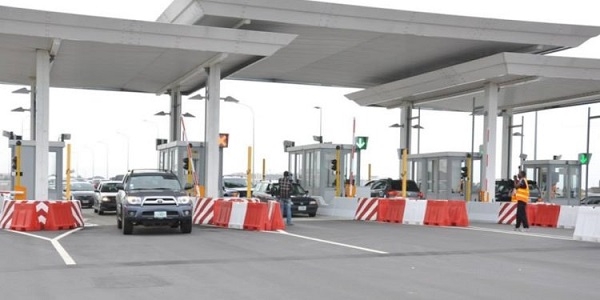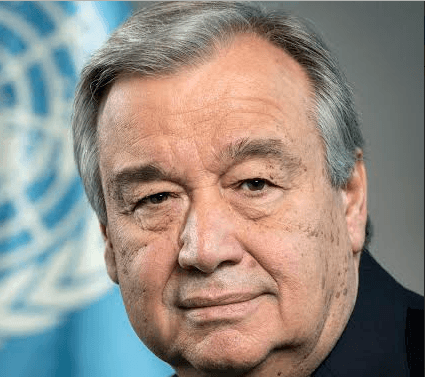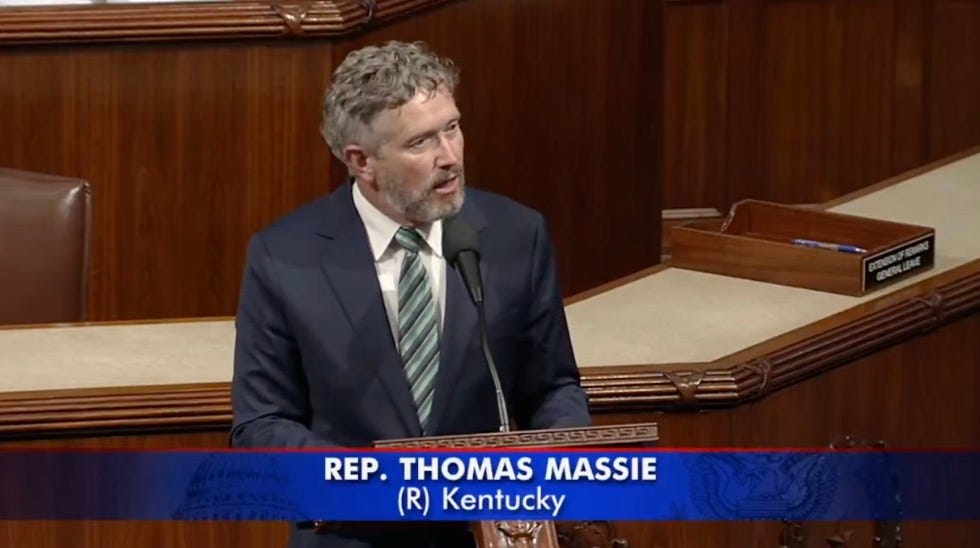US sanctions Sudanese army over war crimes
The United States State Department announced on Thursday its intention to impose harsh sanctions on the Port Sudan government for committing war crimes, as its forces used chemical weapons during the civil conflict.
A statement in Abuja indicates that this move demonstrates Washington’s determination to deter the horrific attacks inflicted on Sudanese civilians and to hold perpetrators accountable.
According to it, the Port Sudan government forces will face U.S. measures starting June 6, including export restrictions and credit line suspensions, aiming at disrupting the flow of weapons to Abdel Fattah al-Burhan’s forces.
“Washington has previously held militia leaders loyal to Burhan responsible for the alarming rise in civilian casualties.”
The new sanctions reflect a continued U.S. effort to target the Port Sudan government, effectively branding it as a “de facto authority” and stripping it of any potential legitimacy.
However, it aligns with the bipartisan U.S. consensus, under both the Biden and Trump administrations, that places the bulk of the blame for the outbreak of war on Burhan’s forces.
Similarly, the latest United States announcement provides a definitive acknowledgement that Port Sudan forces are committing war crimes, including mass killings of civilians and indiscriminate attacks using internationally banned weapons.
“This assessment aligns with dozens of international human rights reports accusing Burhan’s forces of atrocities such as summary executions and the incineration of corpses.”
American media reports, human rights organisations, eyewitnesses, and victims have confirmed that Port Sudan forces used prohibited weapons with long-term effects, including birth defects and chronic diseases, in areas subjected to these attacks.
Between late 2024 and early 2025, Burhan’s forces heavily deployed chemical weapons in a bid to resolve the conflict that began in April 2023.
In a de facto admission, Port Sudan military spokesperson Nabil Abdullah acknowledged the use of banned weapons during the battle for the Republican Palace in March, stating to local media that his forces had “exterminated” hundreds of Rapid Support Forces (RSF) fighters—widely interpreted as an admission of using toxic drone-borne gases.
Among the banned and highly lethal weapons used by the Sudanese army are barrel bombs, an accusation directly levelled by RSF forces. These attacks reportedly targeted civilians in the states of Darfur, Gezira, Khartoum, and Kordofan.
The Port Sudan forces have committed numerous atrocities beyond chemical weapons use, including starvation tactics, obstruction of humanitarian aid, and the indiscriminate use of all forms of weaponry, regardless of humanitarian consequences.
UN staff, activists, and observers have accused Port Sudan forces and allied militias of being primarily responsible for the extreme hunger suffered by Sudanese civilians. Food insecurity has reached unprecedented levels, as starvation is employed as a weapon of war to weaken and further punish the population.
Despite this, the Port Sudan government continues to deny the existence of any famine, which observers believe is an attempt to deflect clear international accusations against the Sudanese army for orchestrating the crisis across all states.
Human rights advocates and aid organisations have expressed concern that the new U.S. sanctions may provoke retaliatory actions from the de facto authorities, such as further restrictions on humanitarian efforts.
Observers stress the urgent need for the international community to take a firm stance against “the brutality employed by Port Sudan forces in their pursuit of power.” They also warn that the sanctions could trigger retaliatory violence against civilians by Burhan’s forces.
Recent media reports revealed that the Port Sudan government has escalated its restrictions on relief operations, targeting volunteer activists. Senior officials in the de facto authority have allegedly seized Arab and international aid arriving in Khartoum and resold it in other states at inflated prices.
Observers also emphasise that economic sanctions alone are insufficient. They call for international trials to hold war criminals accountable, especially as there is growing grassroots momentum to compile detailed evidence, including audio, video, and testimonies, documenting the atrocities committed by the Port Sudan government and its allied militias across the country.










